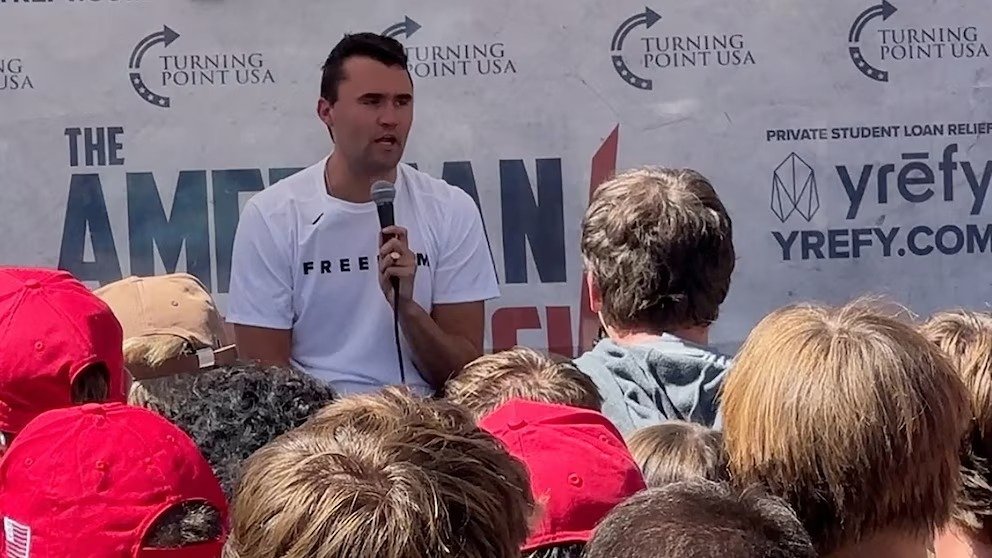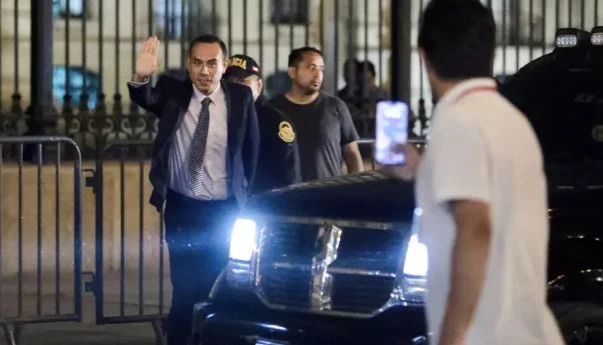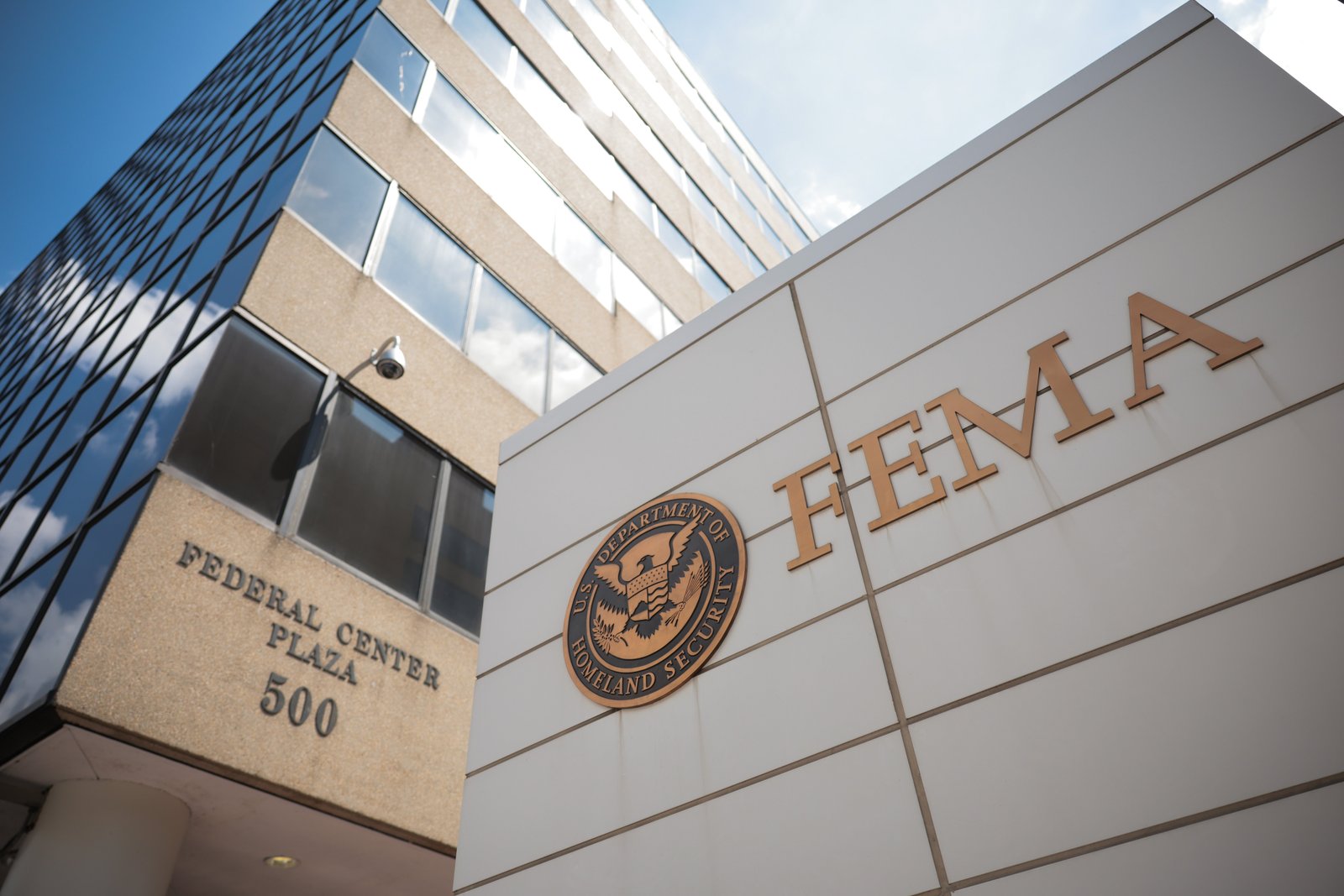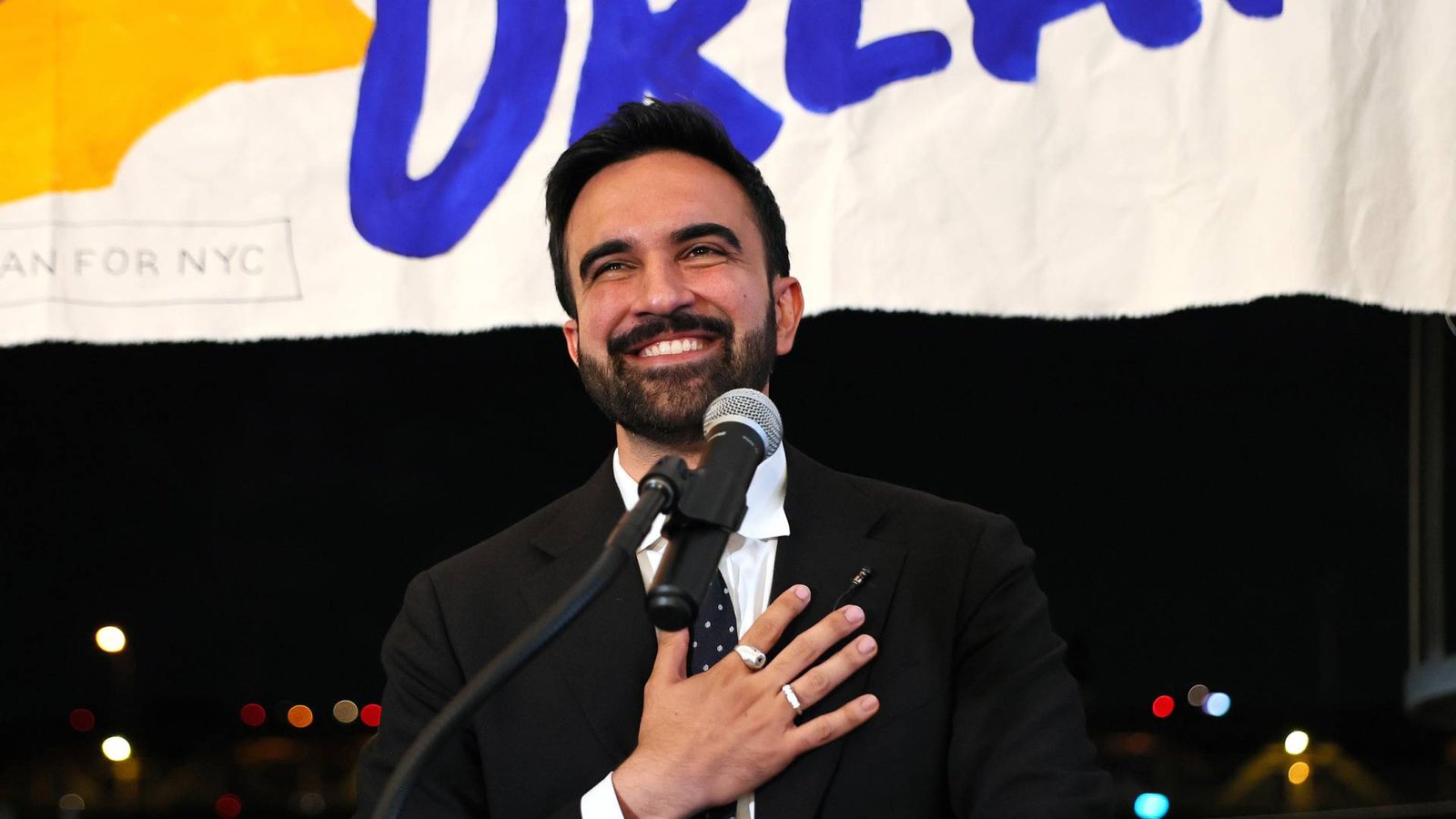The United States is facing renewed debate after charges were announced in the shooting case involving conservative activist Charlie Kirk. The suspect, who has now been formally charged, is at the center of a case that has quickly escalated into a flashpoint in national politics.
Reactions have poured in from across the political spectrum. Supporters of Kirk describe the attack as a tragic example of rising hostility toward public figures, warning that unchecked political rhetoric is fueling violence. Critics, while condemning the act, emphasize the importance of distinguishing between heated debate and unlawful attacks.
The case has triggered a broader discussion about how political disagreements are expressed in an era of sharp polarization. Leaders from both parties have called for lowering the temperature of political discourse, though their approaches differ on what accountability should look like.
Security at public events has also become a pressing concern. The incident has prompted renewed scrutiny of protective measures for high-profile speakers, particularly those in politically charged environments. Organizers of rallies and conferences are now weighing whether to introduce stricter protocols to prevent similar threats in the future.
Civil liberties groups, meanwhile, are urging caution to ensure that enhanced security measures do not come at the expense of free speech or public participation. They argue that open dialogue is vital in a democracy and that protecting speakers must be balanced with the public’s right to engage.
The debate also extends to social media, where conversations about the Kirk shooting case have spread rapidly. Some commentators point to online platforms as breeding grounds for political hostility, urging stronger moderation of violent threats. Others argue that free expression online must not be curbed because of isolated acts of violence.
Political analysts say the fallout from this case could influence upcoming elections, as both parties seek to shape the narrative. For conservatives, the attack is being cited as evidence of rising dangers faced by right-leaning figures. Progressives, while condemning the violence, stress that security concerns should not overshadow the need for healthy debate and dissent.
The legal proceedings against the suspect are expected to draw significant public attention. Prosecutors have not yet detailed the full scope of the charges, but they emphasize that the case is being handled with seriousness given its political implications. The defense, for its part, has urged the public not to jump to conclusions before all evidence is presented.
As the case moves forward, the country faces hard questions about the state of political life. Can Americans disagree without resorting to violence? What level of security is appropriate for public events? And how can free speech be protected while ensuring safety for all?
The Charlie Kirk shooting case has become more than a criminal trial. It now stands as a symbol of the wider struggle over how political differences are managed in a divided nation. The answers that emerge in the weeks ahead may help shape the future of public discourse in the United States.







